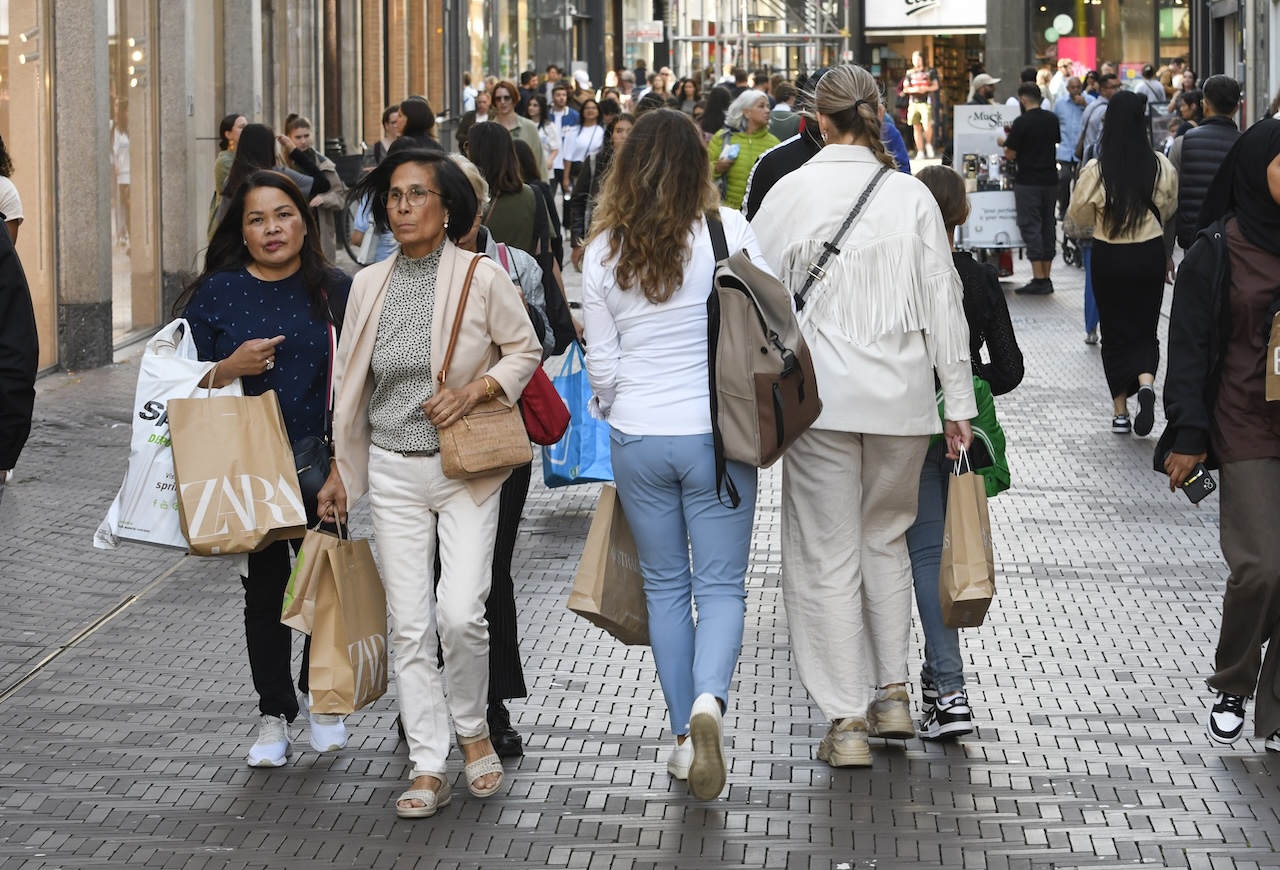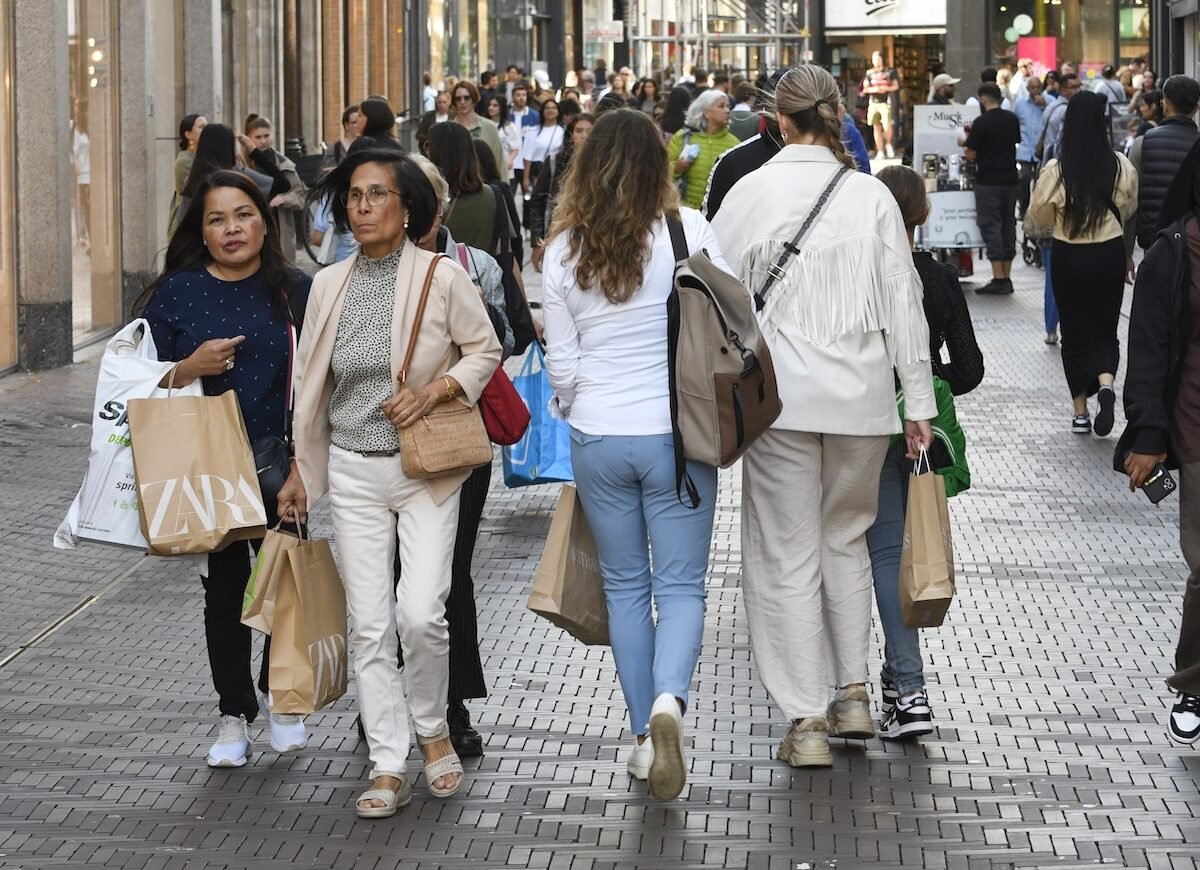The Dutch impact investor has announced it is selling all of its shares in the clothing industry, as none of the clothing companies meet the investor’s requirements in terms of sustainability.

ASN Impact Investors is the first asset manager in the Netherlands to sell all its interests in the clothing industry, the sustainable investment house announced on Tuesday. It sees too little movement among clothing companies in the areas of human rights and the environment.
The clothing industry has long been viewed with suspicion by sustainable investors. The collapse of the Rana Plaza garment factory in Bangladesh in 2013, which killed almost 1,000 people, played a major role. The general public then realised that many employees in the supply chains of large fashion houses have to work in appalling conditions.
The reason the investor is getting out now is that many clothing companies today have to compete with cheap ultra fast fashion competitors like the Chinese company Shein, and therefore take fewer steps to improve these problems. San Lie, director of ASN Impact Investors, said: “We are not categorically opposed to clothing companies. But we have once again critically examined all the companies in our portfolio, and have had to conclude that none of them meet our tightened sustainability standards.”
ASN Impact Investors once originated from ASN Bank but now operates independently as part of the Volksbank. The manager is selling about €70m worth of investments, of a total assets under management of €4.2bn. The investor has sold its shares in Inditex – the Spanish parent company of Zara – and Japanese sports brand Asics, among others. ASN defines sustainability as both environmental aspects and working conditions.
No engagement
ASN Impact Investors had previously sold all of its interest in Nike and Adidas. Now 12 more companies have been added to the impact investor’s ‘black list’. However, if they see sufficient improvement in the clothing companies, the investor will be willing to step back in.
ASN Impact Investors is the first investor to conclude that not one clothing company meets its sustainability requirements. Other investors, including Triodos Investment Management, have already divested part of their shares in clothing companies in the past.
According to Lie, the fund manager’s years of discussions with the industry have not had enough effect. Many companies have taken small steps in terms of working conditions and climate, but the changes are not fundamental enough.
“Take the recycling of raw materials. Every fashion company experiments with collection points to recycle used clothing. Yet perhaps only 1% of clothing is made from recycled raw materials,” Lie said. ‘We have concluded that engagement, or continuing to talk to companies, is not effective.’
Chinese competition
The competition from the ultra fast fashion corner comes mainly from new Chinese parties such as Shein and Temu, which launch not just a handful but dozens of collections every year.
Many of the clothes made for them are never sold. In addition, these players often use synthetic raw materials and a lot of water in making their products. Lie said: “Clothing companies feel like they have to keep up with that competition. After all, that’s what the consumer wants. If you don’t, you can pack up.”
According to him, the government has a role to play in tackling abuses in the clothing industry. For example, France has recently proposed to impose additional taxes on fast fashion garments, to discourage consumers from buying new products all the time. Lie added: “If the market doesn’t solve it itself, then you almost need the government to change things.”
This article originally appeared in Dutch business newspaper FD on 20 August 2024.











